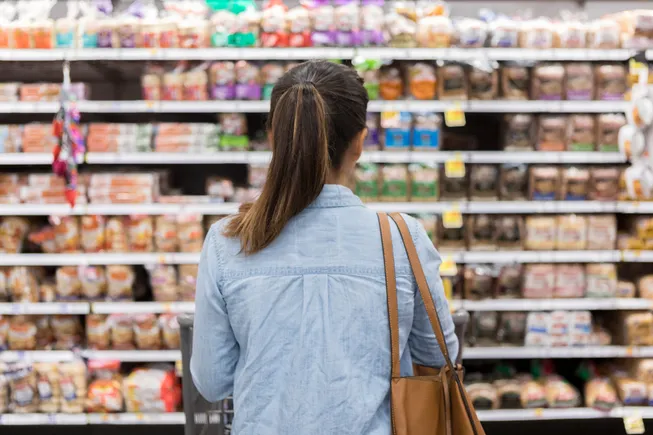Table of Contents
The following opinion piece is contributed by Sedina L. Banks, a partner specializing in regulatory compliance and environmental litigation at Greenberg Glusker’s Environmental Group, and Sherry E. Jackman, an environmental litigator and compliance partner at Greenberg Glusker.
California has once again demonstrated its commitment to stringent food safety standards with the recent signing of two important bills into law by Calif. Gov. Gavin Newsom on September 28, 2024. These bills, California Assembly Bill 660 (AB 660) and California School Food Safety Act (AB 2316), are set to have significant impacts on food labeling and product ingredients.
Assembly Bill 660
AB 660 aims to standardize date labels, reduce food waste, and enhance consumer awareness and understanding of food safety. The law intends to bring clarity and consistency to food date labels in California to minimize food waste in the state.
Effective July 1, 2026, food manufacturers, processors, or retailers labeling food items for human consumption must use specific standardized terms on products manufactured on or after that date:
- \”BEST if Used by\” or \”BEST if Used or Frozen by\”: quality date indication
- \”USE by\” or \”USE by or Freeze by\”: safety date indication
- \”BB\”: quality date for small food items or beverages
- \”UB\”: safety date for small food items
The law mandates the use of these terms, prohibiting the sale of food items for human consumption that do not comply with the standardized labeling requirements after July 1, 2026. Additionally, the use of \”sell by\” on packaging is restricted, allowing for coded dates that are not easily readable by consumers.
While the law imposes requirements, exemptions are provided for certain scenarios:
- Grocery stores can sell prepared foods with a \”packed on\” date if a quality or safety date label is also displayed.
- Labels indicating production dates are allowed for wine, distilled spirits, and related products.
- Donation of non-compliant food items by retail food facilities is permitted.
- Exemptions apply to infant formula, eggs, pasteurized in-shell eggs, and certain beverages.
Assembly Bill 2316: California School Food Safety Act
The California School Food Safety Act prohibits public schools in California from serving or selling foods containing specific artificial dyes, effective December 31, 2027. The banned dyes include Blue 1, Blue 2, Green 3, Red 40, Yellow 5, and Yellow 6.
This legislation is supported by research linking synthetic food dyes to neurobehavioral issues in children and other health concerns related to food additives. Together with the California Food Safety Act, these laws aim to reformulate food products to meet California’s stringent standards.
Nationwide Impact
California’s progressive food safety laws not only enhance public health and consumer awareness but also set a precedent for nationwide change. The state’s influence on the food industry, given its economic significance, is expected to drive compliance with these standards across the United States.
Companies are advised to prepare for compliance with these laws to avoid legal consequences and uphold brand integrity. Adapting to California’s standards may lead to voluntary adoption nationwide, as companies seek to align with the state’s regulations to streamline operations and maintain market presence.

